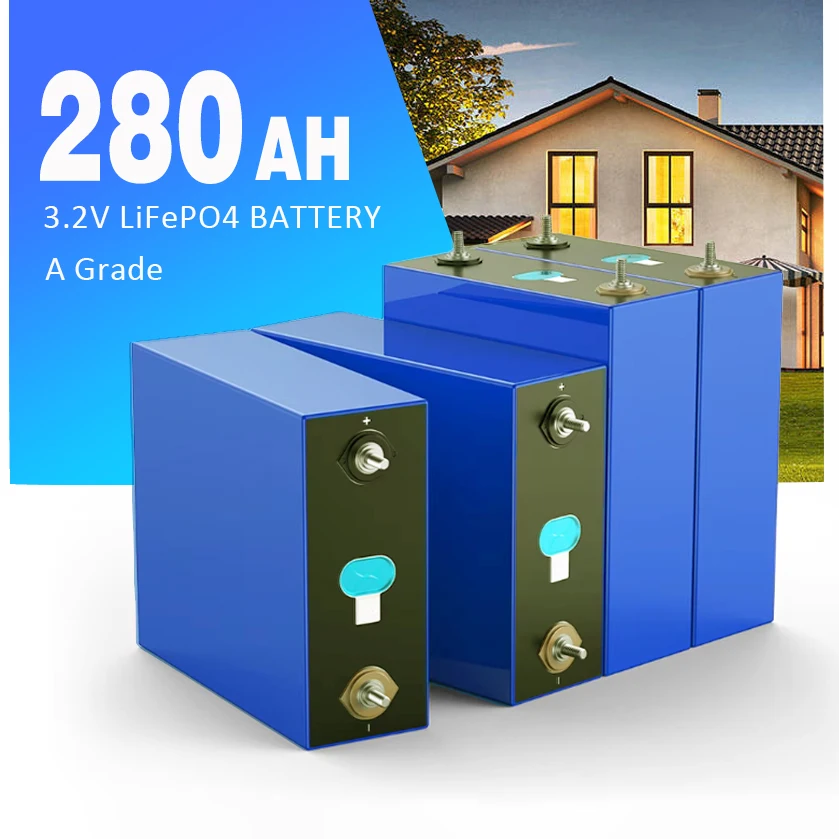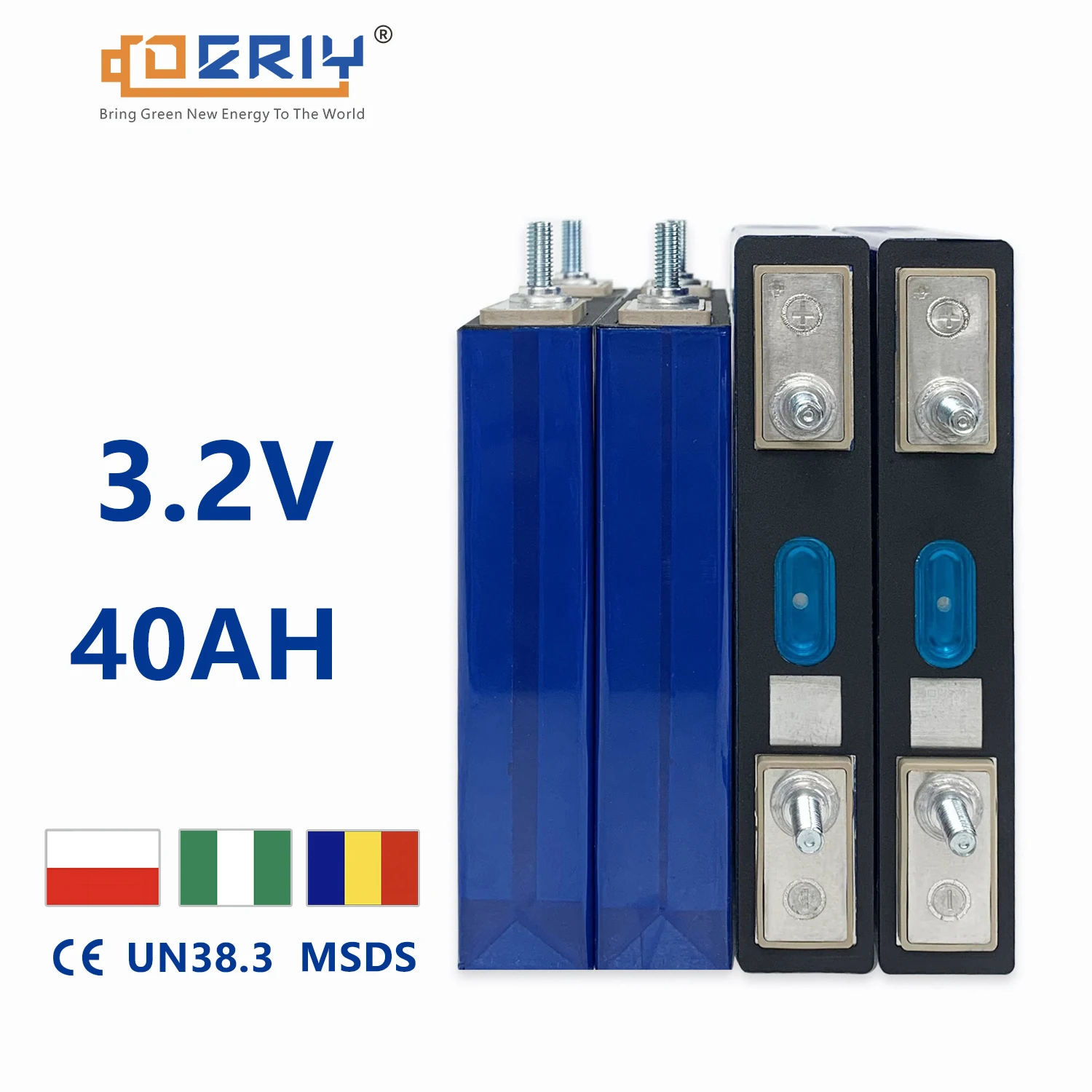
Like all batteries, LFP batteries have specific methods of charging that should be adhered to. These methods include using a charger that is compatible with LFP batteries since they are different from other types of batteries. Standard charging procedures are divided into two steps: the constant-current phase and constant-voltage phase. A battery should never be charged beyond its limits and is best monitored with a battery management system. Note that charging outside the recommended temperature range can result in decreased lifespan and decreased performance.
